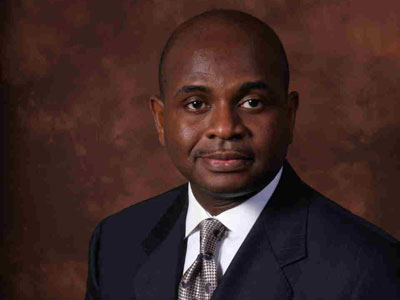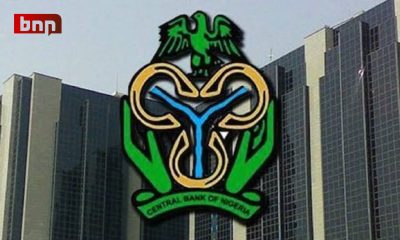A former Deputy Governor of the Central Bank of Nigeria (CBN) Prof. Kingsley Moghalu, has disclosed that the level of political interference in the operations of the apex bank was a critical reason why the economy went into recession.
He said this while delivering a paper at the Annual Directors’ Conference organised by the Institute of Directors, Nigeria on Thursday with a theme ‘Implementing best corporate governance practices in Nigeria’s public and private sectors’.
Moghalu said that the level of political interference in the governance and activities of public sector corporations had robbed them of independence.
This, according to him, has left the institutions too weak to set and meet effective performance targets and focus on delivering real stakeholder value.
ALSO SEE: Why 2018 budget passage may linger till end of March
He said apart from political interference, the culture of patronage in the Nigerian public sector governance had led to such corporations being seen and utilised only as a reward system for partisan politics.
He stated, “The Central Bank that was led by his royal highness (Emir of Kano, Muhammadu Sanusi ii) is not what we are seeing today. We have seen a lot of interference in the work of the Central Bank and I say that that was a very important factor that led to the massive recession that we have experienced in this economy.”
“Corporate governance has very real consequences for our livelihood, for the quality of the economy and strength of the economy.”
He said the apex bank, in its current form, lacked a board, adding that this was inimical to its operations.
“The central bank, in the last few years, has not had a board. How is this possible that a central bank operates without a board? So how is the corporate governance being run? Is it just by the governor? Or is it by the governor and anyone who is not a member of the board?
“That is a question of the rule of law. The central bank act is clear. It is one of the public corporations in this country that is very strong from the way it was conceptualized.
“So you have a very clear role for the board. The president’s approving authority comes up only in about three instances in the board. One is in investment, the second is in currency and the third is the auditors.
Advertisement“Most of the rest (approving authority) lies in the board of directors and if the bank doesn’t have a board, i find it very problematic.”

 Comments and Issues2 days ago
Comments and Issues2 days ago
 Business6 days ago
Business6 days ago
 Business1 week ago
Business1 week ago
 Business1 week ago
Business1 week ago
 Business5 days ago
Business5 days ago
 News6 days ago
News6 days ago
 Comments and Issues5 days ago
Comments and Issues5 days ago
 Education7 days ago
Education7 days ago
















